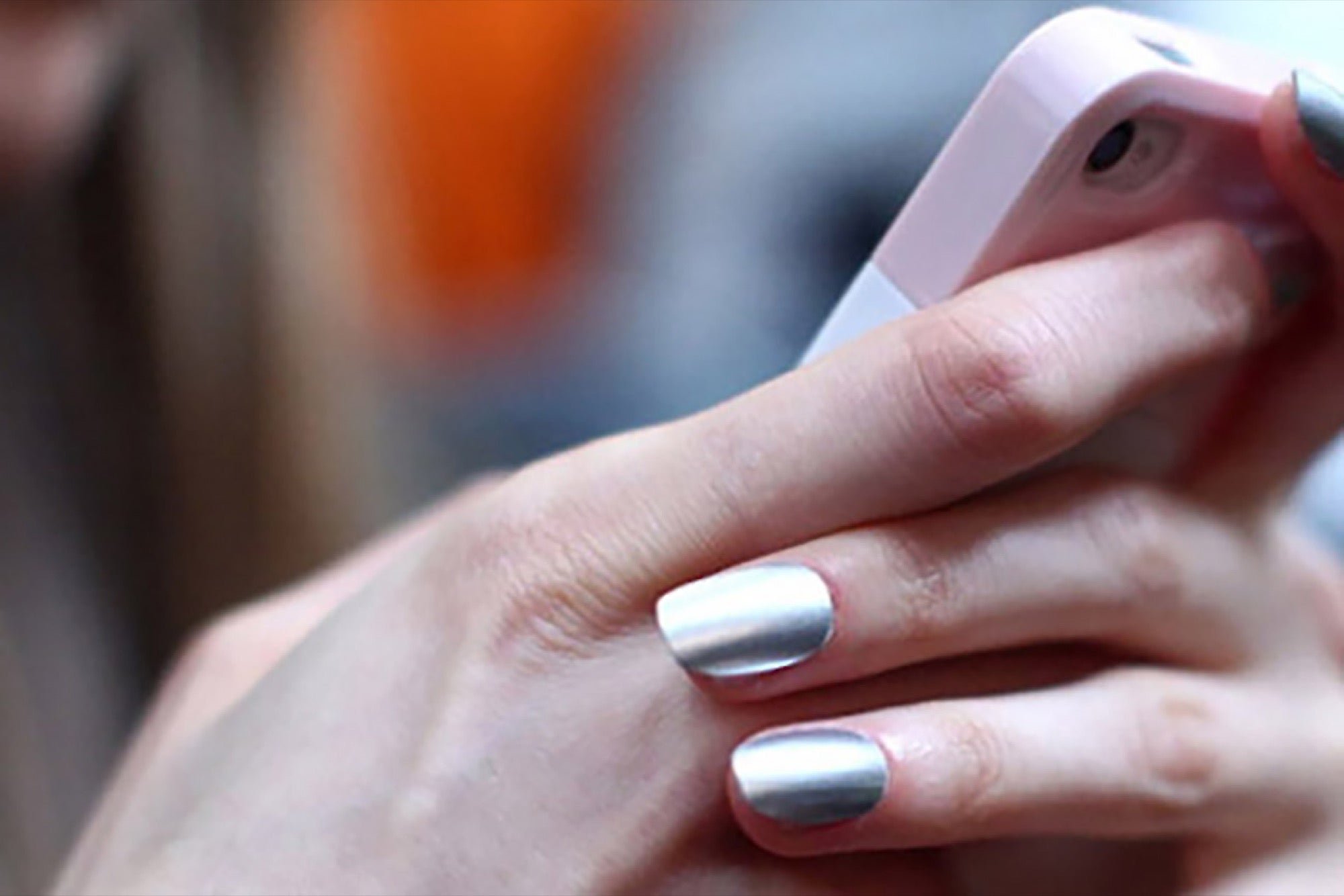A Realistic Digital Detox in 5 Easy Steps It's no secret that technology can be both a safety blanket and an albatross. Here are easy and practical ways to ease your dependence and refresh your focus.
Our biggest sale — Get unlimited access to Entrepreneur.com at an unbeatable price. Use code SAVE50 at checkout.*
Claim Offer*Offer only available to new subscribers
Opinions expressed by Entrepreneur contributors are their own.

We all know someone who seems glued to his or her smartphone, constantly checking email, taking calls during meals and even sleeping with it bedside. In 2007, Levi Felix was that guy. As vice president and creative director for a Los Angeles tech startup, Felix worked 60-hour weeks and was available for business calls at all hours. He kept up the pace for two years until he burned out – literally.
"I wound up in the hospital with internal bleeding," he says. "I thought it was food poisoning, but it was my body telling me to slow down."
Felix shifted priorities -- he decided to backpack around the world with his girlfriend for over two years. Over the course of his trip, his health and demeanor changed, but when he returned to the United States in 2012, he saw the pace of life had gotten worse.
"Everywhere I went I saw people looking at their screens," he says. "On the subway and in restaurants -- no one was talking to each other anymore. I felt in my gut that this was wrong, and I wanted to do something about it."
So he launched The Digital Detox, an Oakland, Calif.-based company that leads tech-free personal wellness retreats and summer camps. In addition to mandatory unplugging for a few days, the program provides tools and resources to help people slow down and be more present in their lives.
"Technology can be disrupting your life if you feel a need to check it compulsively," says Felix. "The first step is to become aware, and the next step is to do something."
He offers these five things you can do to take your own digital detox:
1. Pre-broadcast your detox.
The fear of missing something important leads many people to impulsively check their phones and email accounts several times a day. Instead, let other people know through social media, email, phone or an in-person conversation that you will be offline and unavailable even if it's for a few hours. You can give an alternative form of communication in case of an emergency.
"This will keep your nerves at ease and ease your temptation to find an excuse to jump online," says Felix.
2. Buy an alarm clock.
Many people use an alarm app to wake up in the morning, but having your smartphone by your bed can create an urge to check your messages first thing in the morning. Instead, Felix suggests making coffee or tea, and starting the day on your terms before getting wrapped up in email, Facebook, memes, the news or other forms of digital communication.
3. Go device-free at meals.
More than a third of employees eat lunch at their desks on a regular basis, according to a survey by talent management company Right Management. But Felix says meals should be a trigger for unplugging.
"Set meal times as an opportunity to connect with your food, the people around you and yourself," he says.
4. Disable all push notifications.
Alerts from Facebook, Twitter and email interrupt your day and your thought process. Instead, Felix suggests that you choose the time to check your messages and be intentional about it.
"Don't let the beeps and buzzes of the online world pull you from the moment that you are currently enjoying," says Felix. "Unless you are responsible for saving lives, you really don't need to be on-call."
5. Welcome quiet time.
With the world at your fingertips, boredom can be a thing of the past. But Felix says unoccupied moments can be magical, and when a lull leads to an urge to check your email or Facebook, resist it.
"It's in those moments, when we have no intention or expectation, that we sometimes have an amazing realization or thought, and even remember something we had forgotten," he says. "Don't fight being bored -- sit with it and see where it takes you."
Related: Why You Don't Need a Digital Detox to Loosen Technology's Grip











